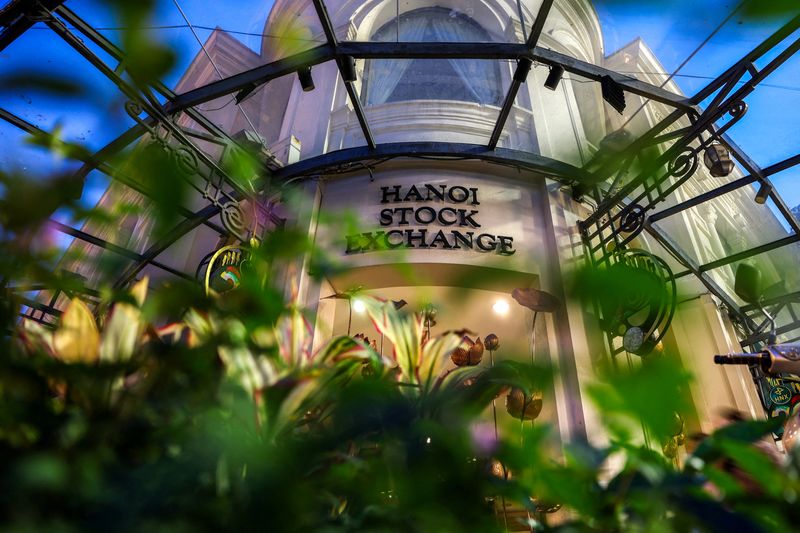Vietnam’s initial public offering (IPO) market is currently experiencing a notable surge, buoyed by a recent rally in share prices, regulatory changes, and a significant increase in credit availability. However, this vibrant environment has not yet attracted substantial interest from foreign investors, despite the potential for an upgrade from frontier market status to emerging market status by index provider FTSE Russell.
In a significant development, brokerage Techcom Securities recently completed a $410 million IPO, reflecting a company valuation of $4 billion. This marks one of the largest IPOs in Vietnam in recent years, and the amount raised is nearly equivalent to the combined total from 36 IPOs this year in Malaysia, which holds the title as Southeast Asia’s biggest IPO market both in terms of value and quantity.
Dragon Capital, a private equity fund focused on Vietnam, has projected that 13 companies, including Techcom Securities, may go public by 2028, with a combined market capitalization potentially reaching $47.5 billion. This figure represents roughly 14% of Vietnam’s current market value, highlighting the optimism surrounding future listings. Notably, in the last two years, Vietnam saw just four IPOs, with only one in 2024.
Various factors are contributing to this increasing enthusiasm for IPOs. The Vietnamese stock market has experienced a remarkable climb, posting a 29% rise this year—making it the best-performing market in Southeast Asia, according to data from LSEG. Nguyen The Minh, head of research and development at Yuanta Securities Vietnam, suggests that businesses looking to launch IPOs are eager to capitalize on this bullish trend.
Among notable recent listings, Vinpearl, the resort arm of the Vingroup conglomerate, raised about $190 million in May after a decade away from public markets. Other companies, including the agriculture unit of Hoa Phat Group and the securities arm of VPBank, have also announced their intentions to go public. Anticipated listings may also include the largest securities firm by market share, VPS, and Long Chau pharmacy, owned by technology group FPT, as highlighted by Dragon Capital.
The surge in IPO activity is further fueled by increasing credit availability, particularly in margin financing. However, this has raised concerns about potential asset-price bubbles, as the credit-to-GDP ratio in Vietnam is more than three times the median for emerging and middle-income economies. Hoang Huy, an equity strategist at Maybank Securities Vietnam, explains that the push for IPOs among securities firms is largely driven by the need for additional capital to adhere to new regulatory conditions and support margin lending.
Despite the bullish IPO environment, foreign investors remain cautiously optimistic. The anticipated upgrade of Vietnam’s stock market to emerging market status could increase interest, with the World Bank estimating that about $5 billion in net foreign inflows might occur around this announcement. However, there has been a significant decrease in foreign investor involvement in the Ho Chi Minh City stock exchange this year, with a drop of approximately 90 trillion dong ($3.4 billion). This reduction has lowered foreign ownership to around 15.5% in October, down from 17% in 2024 and nearly 19% at the close of 2023.
Hoang Huy notes that the selling trend among foreign investors is influenced by concerns about exchange rate volatility and an intention to secure profits resulting from the Vietnamese index’s strong performance. Nevertheless, it does not indicate a complete withdrawal from the Vietnamese market, as investors evaluate their positions moving forward.







